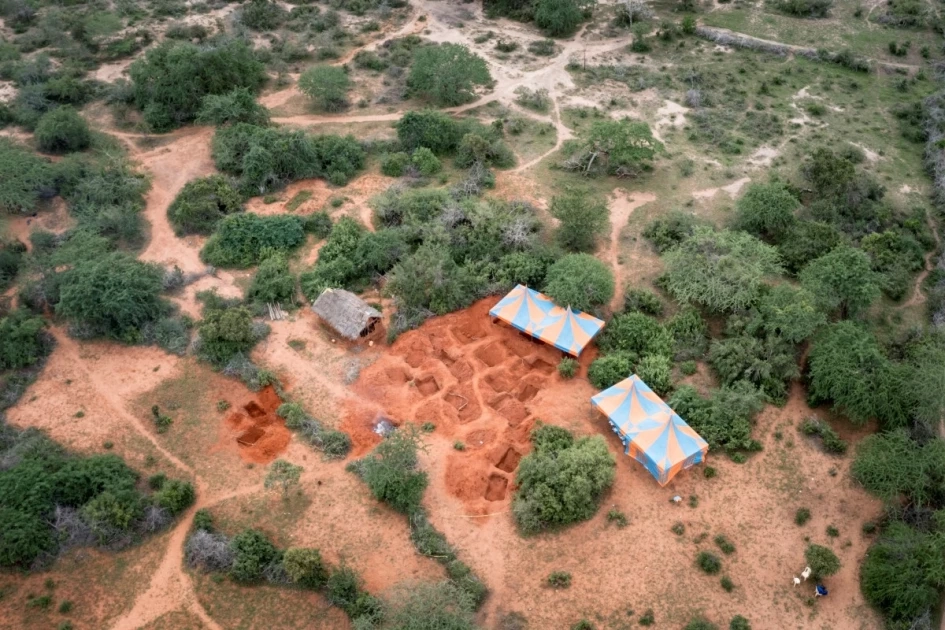The ongoing court proceedings into the Shakahola starvation cult case took a revealing turn on Wednesday as witnesses provided new accounts of events tied to the land where dozens of victims were buried. The case involves suspected cult leader Paul Mackenzie and several of his followers, who are accused of orchestrating mass starvation in what they referred to as “Jangwani” (wilderness).
Among the key testimonies was that of Andrew Charo Baya, a 54-year-old farmer and lifelong resident of Shakahola. Baya, the 40th prosecution witness, recounted how in July 2020, he encountered Mackenzie and his followers clearing land for farming on property that didn’t belong to them. Two years later, in early 2023, Baya met a young boy who chillingly described how people were fasting until death in the secluded forest area.
Baya’s testimony further detailed the grim discovery of a decomposed body in March 2023, and his role in assisting with rescue efforts and exhumation activities in the aftermath of the operation.
In support of the investigation, land surveyor Michael Mwaria from the Ministry of Lands in Nairobi confirmed that the Directorate of Criminal Investigations (DCI) had requested GPS coordinates and structural mapping of the site. Mwaria’s team surveyed and documented houses, graves, water pans, and holding areas tied to the cult’s activities.
Regrouping Fears and Tragic Deaths Raise Alarm
As the court continues to hear the case, human rights groups and local authorities are raising alarms over potential regrouping of cult members. In a tragic development, six children previously rescued during the 2023 Shakahola operation have since died, reportedly after their family rejoined the cult.
The children—aged between 1 and 15—were buried in Kwa Binzaro village within Chakama Ranch, Kilifi County. Their father, Jairus, allegedly misled extended family members, claiming he had secured employment in Bondo, only to relocate the family back to Kilifi. Both Jairus and his wife Lilian Atieno were recently arrested in the forest and reportedly confessed their intentions to rejoin the cult.
Call for Prison Oversight Intensifies
Amid these developments, human rights advocates have urged the government to urgently reassess prison phone usage policies. Mathias Shipeta, Rapid Response Officer at Haki Africa, claims that Mackenzie and his associates may still be preaching starvation doctrines from behind bars using mobile phones allegedly meant for family communication.
“We’re receiving information that the cult’s gospel continues from prison,” said Shipeta. “The government must act decisively to prevent further loss of life and dismantle the group’s communication networks.”
As the Shakahola case continues to unfold, the spotlight remains firmly on the state’s role in safeguarding vulnerable communities, ensuring justice for victims, and preventing a repeat of one of Kenya’s most tragic cult-related incidents.




